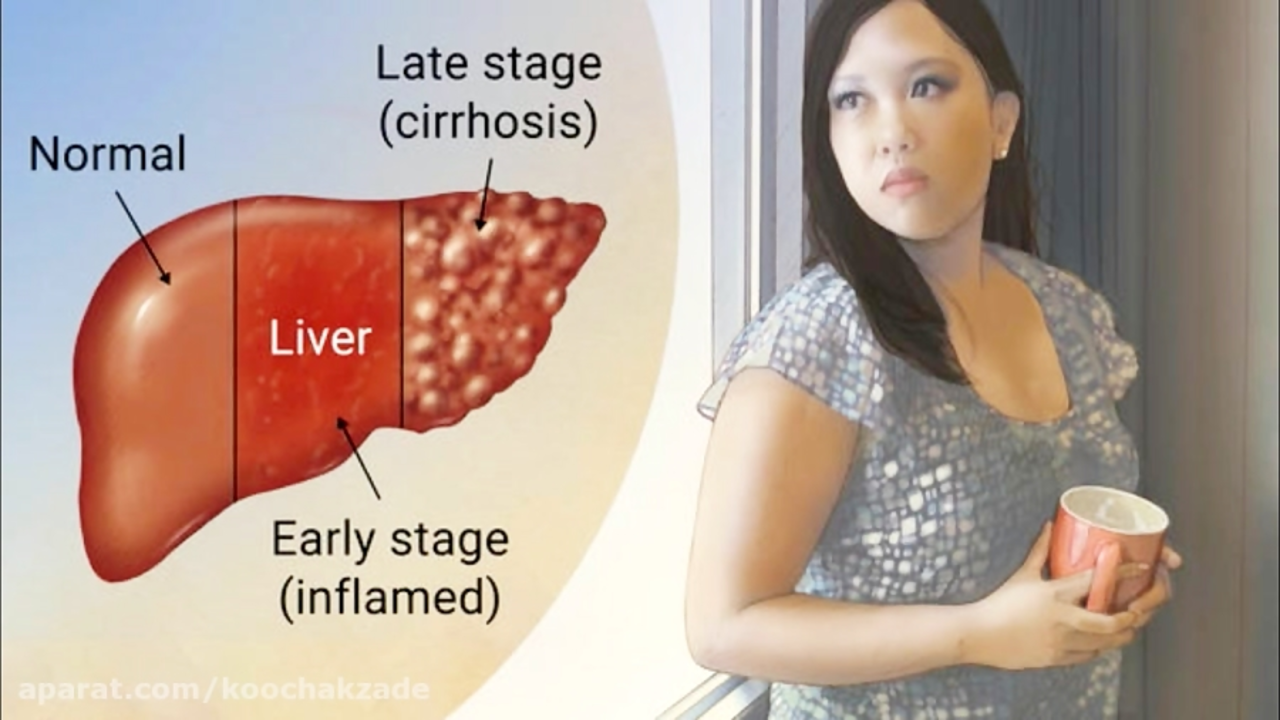Liver Health: Practical Tips, Tests, and Treatments
The liver is your body's multitool—filters blood, stores energy, makes bile, and helps fight infections. Keep it healthy and it keeps you going; ignore it and problems can sneak up quietly. This tag brings together practical articles on liver function, common liver conditions, tests, and helpful supplements.
How do you know if your liver needs attention? Look for yellowing of skin or eyes, persistent tiredness, dark urine, pale stool, or unexplained stomach swelling. Those signs don't always mean liver disease, but they should prompt a check with your doctor.
Simple blood tests like ALT, AST, ALP, and bilirubin give a quick look at liver damage or blockage. Your doctor may also order imaging such as ultrasound, CT, or MRI to spot structural problems. If tests are unclear, a liver biopsy can provide a clear diagnosis.
Common liver issues
Fatty liver disease shows up when fat builds in liver cells; alcohol and diet are frequent causes. Hepatitis viruses (A, B, C) cause inflammation and sometimes long-term damage. Chronic conditions like cirrhosis scar the liver and reduce its function over time. Certain medications, herbal supplements, and toxins can also harm the liver.
Protecting your liver
Cut back on alcohol, keep a healthy weight, and eat whole foods to lower fatty liver risk. Get vaccinated for hepatitis A and B if you're at risk or haven't had the shots. Talk to your doctor about all medicines and supplements you take—some cause liver damage when mixed or used too long. Regular check-ups help catch problems early when treatments work best.
You might see articles here about medications that affect the liver, like antibiotics, antifungals, or pain pills. We also cover supplements such as artichoke extract and others that people use to support liver function. Remember, supplements can help but they can also interact with drugs—ask a clinician before starting anything new.
If you have chronic liver disease, specialist care matters—hepatologists guide choices about medicines, diet, and procedures. New treatments for viral hepatitis and fatty liver are improving outcomes, so ask about current options. Emergency signs that need urgent help include severe abdominal pain, confusion, vomiting blood, or passing out.
Want practical reads from this tag? Check posts on medications, safe online pharmacies, and liver-friendly supplements to learn what works and what to avoid. If you're unsure about a drug or supplement you found online, bring the label to your provider or use accredited pharmacy resources. Quick tip: track alcohol units, read medication leaflets for liver warnings, and get yearly liver blood tests if you have risk factors.
Want help finding specific articles here? Use the tag list on this page to jump to guides on Meclizine, artichoke supplements, hepatitis, and more. If you have surgery or start a new medicine, tell your team about liver history so doses can be adjusted. Lifestyle wins: move more, skip sugary drinks, choose healthy fats, and include fiber—small daily changes cut long-term liver risk.
Questions? Click articles below, or contact us for clear, no-nonsense answers about liver health. Start with a simple blood test.
Shingles and Your Liver: What You Need to Know
As a blogger, I recently came across some important information about shingles and its impact on our liver. I discovered that shingles, a painful rash caused by the same virus as chickenpox, can potentially lead to liver complications, especially in those with weakened immune systems. It's crucial for us to be aware of the early symptoms of shingles, like itching, burning, and tingling sensations, to seek prompt medical attention. Timely treatment may help prevent further complications, such as liver damage. Remember, taking care of our overall health can also play a critical role in protecting our liver from shingles-related issues.
View more
